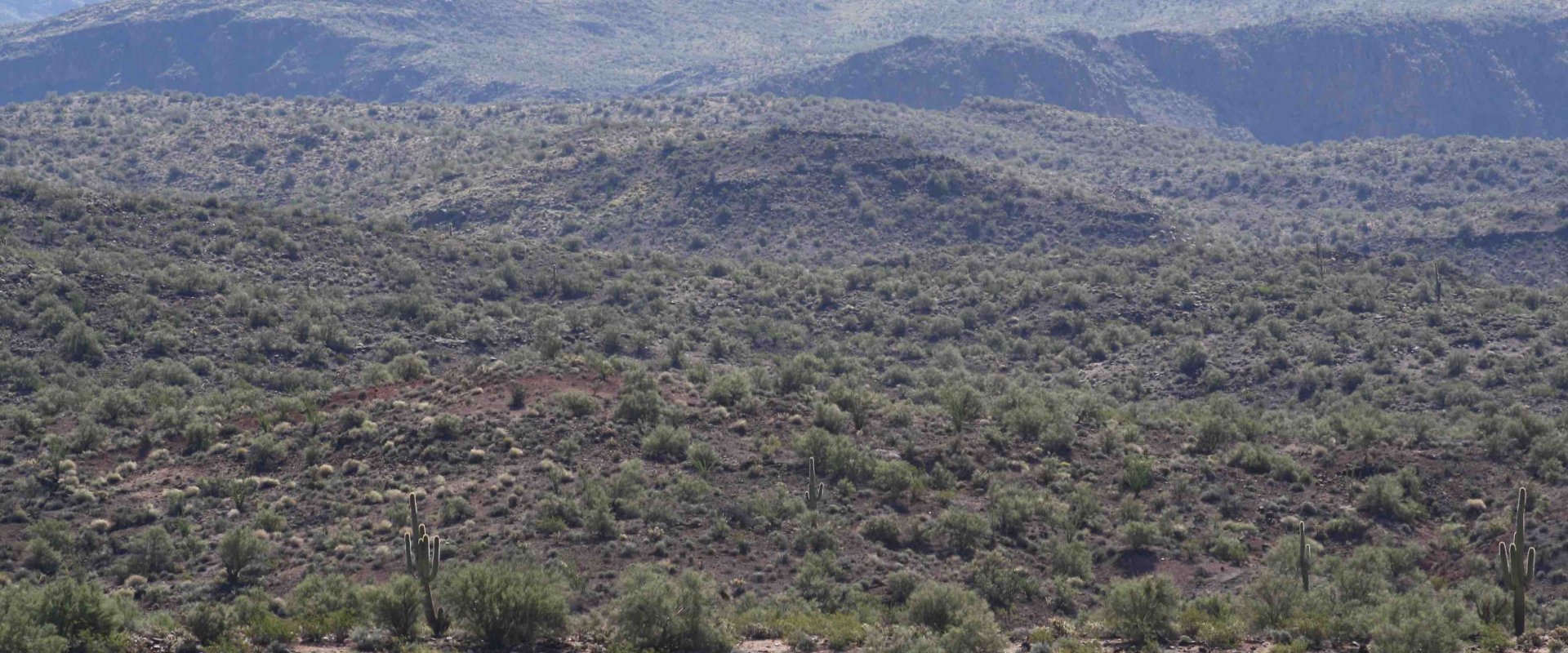 People buy vacant land for a variety of reasons—a place to build a home or business, a location to create a recreational retreat, or to grow an investment portfolio. As land buyers in Arizona we know that vacant land can be a truly rewarding investment. But here’s the thing, holding onto vacant land can cost you more than just the purchase price. Perhaps not right away, but in the long run, additional costs such as annual taxes, property owners association fees, and maintenance issues can add up. In this post, we look at 5 Ways Holding Onto Vacant Land is Costing You in Arizona.
People buy vacant land for a variety of reasons—a place to build a home or business, a location to create a recreational retreat, or to grow an investment portfolio. As land buyers in Arizona we know that vacant land can be a truly rewarding investment. But here’s the thing, holding onto vacant land can cost you more than just the purchase price. Perhaps not right away, but in the long run, additional costs such as annual taxes, property owners association fees, and maintenance issues can add up. In this post, we look at 5 Ways Holding Onto Vacant Land is Costing You in Arizona.
1) Annual Costs
Purchasing vacant land might not be as expensive as buying a house, but don’t forget about the annual taxes. Depending on the location, size, and zoning of the property, the taxes could be anywhere from a few hundred dollars to a few thousand dollars. And if you purchased land in a community with an association, you could looking at the annual fees depending on the type of community, the services they provide, and what amenities are available. Also, keep in mind that there might be public utility expansion or other special municipal projects that could be added to your annual tax bill that may or may not improve your land. Make sure you include any of these types of expenses in your budget before you buy your vacant land investment.
2) Tax Benefits
Owning vacant land is a nice investment asset, but it has fewer tax benefits than owning a single-family home or a commercial property. There is no depreciation to claim on your taxes, and vacant land does not usually qualify for any type of homestead exemption on your tax assessment. So while you can potentially sell the property for a good profit, know that in the meantime, you most likely won’t be able to take advantage of too many tax benefits.
3) Cash Flow
If you plan on holding onto vacant land, you’re most likely looking at a negative cash flow. You do not have a structure to rent out and collect monthly payments. Depending on the zoning of your vacant land, you might be able to recoup some of those annual tax fees by using your vacant lot as extra rental space. You might want to consider purchasing property owner’s insurance if you do anything like this. If something happens to someone on your property while moving or occupying your vacant land, they might file a lawsuit against you. That could be a huge cost to you.
4) Property Maintenance
Another way your vacant land is costing you money comes in the form of maintenance. If your property is in a municipality, they may require you to keep your property mowed. If you have a lot of trees, they may require you to clean up the brush to guard against fires. If your vacant land isn’t in the best of areas, some dumping might occur on the property, turning it into a miniature landfill. This trash and garbage might cause you to have code violations and can be costly to have it removed. There may also be unknown contaminants or toxic issues on this land that you are unaware of, but once discovered, this might also be costly to clean up.
5) Market Conditions
One last way vacant land is costing you money is when you neglect to watch the current market conditions. This one takes a combination of planning and, to a certain degree, luck. If you buy vacant land in an area on the verge of growth, you could be looking at selling it for a good profit. However, if you buy your property while the market value is high and hold it for too long, the value might decrease more than you expect. So before you make that initial investment land purchase, get to know the area as well as the market trends so you have a better idea of when to sell.

